Story by: Gunjan D. Bidani
Steelbird International, manufacturers of filters and rubber components has come up with a better performing filter, charged with the improved dust holding capacity. Competing with the global R&D standards, Steelbird’s innovative filter will hold double the amount of dust it held before. As a result, the service interval of the filter has been doubled. The product is being tested in Germany and will come to the market in January. Headquartered in Delhi, Steelbird International has been in the component business for more than 50 years. With the changing regulations, the original equipment manufacturers (OEMs) demand the suppliers to evolve technology to reduce emissions and increase fuel efficiency. On these lines, Steelbird assures better competence with its upcoming improved filter.
Alliance with Fujikara Rubber
Steelbird International has recently joined hands with the Japan-based rubber component manufacturer, Fujikura Rubbers, for its advanced R&D capabilities. Having a strong foothold in the Japanese auto components manufacturing industry, Fujikura is an institution with 98-year long history of technological development and innovation.
Fujikara Rubbers manufactures diaphragms, gaskets, sealing materials, O-rings, anti-vibration rubber and LIM (Liquid Injection Molding). The alliance with Steelbird International will enable Fujikara to explore opportunities in the Indian market.
With a growing focus on OEMs, Manav Kapur, Executive Director, Steelbird International said, “In India, the current localisation is around 95-97%. Only a few components are being imported as most of the technology has been brought in and that gives us a very niche area to work in. Despite this, there are some rubber components which even OEMs in India are importing, as they are not yet localised. It is that kind of technology we are trying to get from Fujikara.”
“Diaphragm is one of those components that is still being imported by even the big OEMs in India. We will be the first ones to bring this technology with the help of Fujikara,” he added.
Since the joint venture is at a very initial stage, Kapur highlighted the possible scenarios. “Fujikara has evaluated our plant and might start something in it if the volume is good. If the volume is extremely low then we might hang in there for a while, if it is exceptionally high then we might set up a new plant. It depends on the customer. We’re targeting the non-Japanese companies and trying out many customers for business. As of now, we’re jointly evaluating the business in the Indian market and what can be done for the OEMs. After we get a considerable size of business, we would jointly invest or start manufacturing. Fujikara has a long-term vision with us.”
Domestic business
Founded in 1964, Steelbird International is a family-owned business growing at a rate of 22.7% annually (CAGR). Through a large distribution network, the company has an all India presence and caters to OEMs like Royal Enfield (A Unit of Eicher Motors), Greaves Cotton, Tata Ficosa Automotive Systems and Lumax Auto Technologies. From April this year, a new plant for filters in Pantnagar, Uttarakhand, commenced operations. It has a capacity of around 40,000 filters a day comprising Air, Oil and Fuel Filters. The plant is 70-75% utilised as of now and it is expected that it’ll be completely utilized in a year.
Steelbird International manufactures dampers, bushes, bellow, gaskets, mats, oil seal, O ring, dust cover and rubber to metal bonded products.
Kapur said that for the next 2-3 years the company is completely tied up with the production capacity. As far as rubber production is concerned, he said, “In the next couple of years, we will scale up our production.”
Tyre production
Electric vehicles have 80% less moving parts than the conventional IC Engine vehicles and it is expected that the current component industry will be affected massively. The major setback would be the loss of jobs. In order to curb the aftermath, Steelbird International has ventured into tyres by utilizing the company’s core competence of rubber moulding. The company launched tyres and tubes for two-wheelers and e-vehicles during Auto Expo Component this year. Coping with the challenge of tyre puncture in two-wheelers, Steelbird offers a service in which the puncture for its tyres in the first year is repaired by the company.
Apart from this, Steelbird International has developed a tyre especially for electric vehicles to put an end to the practice of using scooter tyres for e-rickshaws. “For a two-wheeler tyre, the speed rating is 150 and the load-bearing capacity is for 2 people while for the EV tyre, the loading capacity is for 4 people but the speed rating is only about 40. We’ve set up a plant in Telangana to manufacture EV tyres,” Kapur said.
With 10 different sizes and 6 patterns, Steelbird’s tyres and tubes are available in the aftermarkets of India and Nepal for a variety of two-wheelers and electric vehicles.
Since rubber and filter fall under the slab of 18%, Kapur said, “GST has been very positive for us. Earlier we used to pay around 30% for the same. There were a few shockers in the first three months especially in the aftermarket as it wasn’t ready for the change. We saw our sales being affected by 50%. However, this year we have registered double-digit growth.”
Counterfeit products
The sale of counterfeit products under the name of brands is a massive pullback to the diversifying automotive manufacturers. It causes financial losses both to the company and the Indian economy and poses a huge risk to the consumer’s safety. On this biggest problem of the industry, Kapur said, “It’s a huge unorganised sector which is trying to encash on the brand’s image. Around 20% of the taxation is avoided and then there is a significant amount of cost difference which is attractive to the consumers. It is noteworthy that around 30-40% of the aftermarket sales are of these counterfeit products. This comes at a huge cost to public safety. In the case of brake drum rubber which is a safety-related product, it’s sad because braking of the vehicle is directly impacted as the performance doesn’t match. The consumer is fooled into this.” On tackling the grave situation, Kapur continued, “There is a law in place but the bigger challenge is the implementation. It’s a global challenge but it is bigger in India as the resources with the enforcement is limited. Moreover, manufacturing happens in small cottages and unauthorised industrial areas. We’ve conducted raids but the rate is too high.”




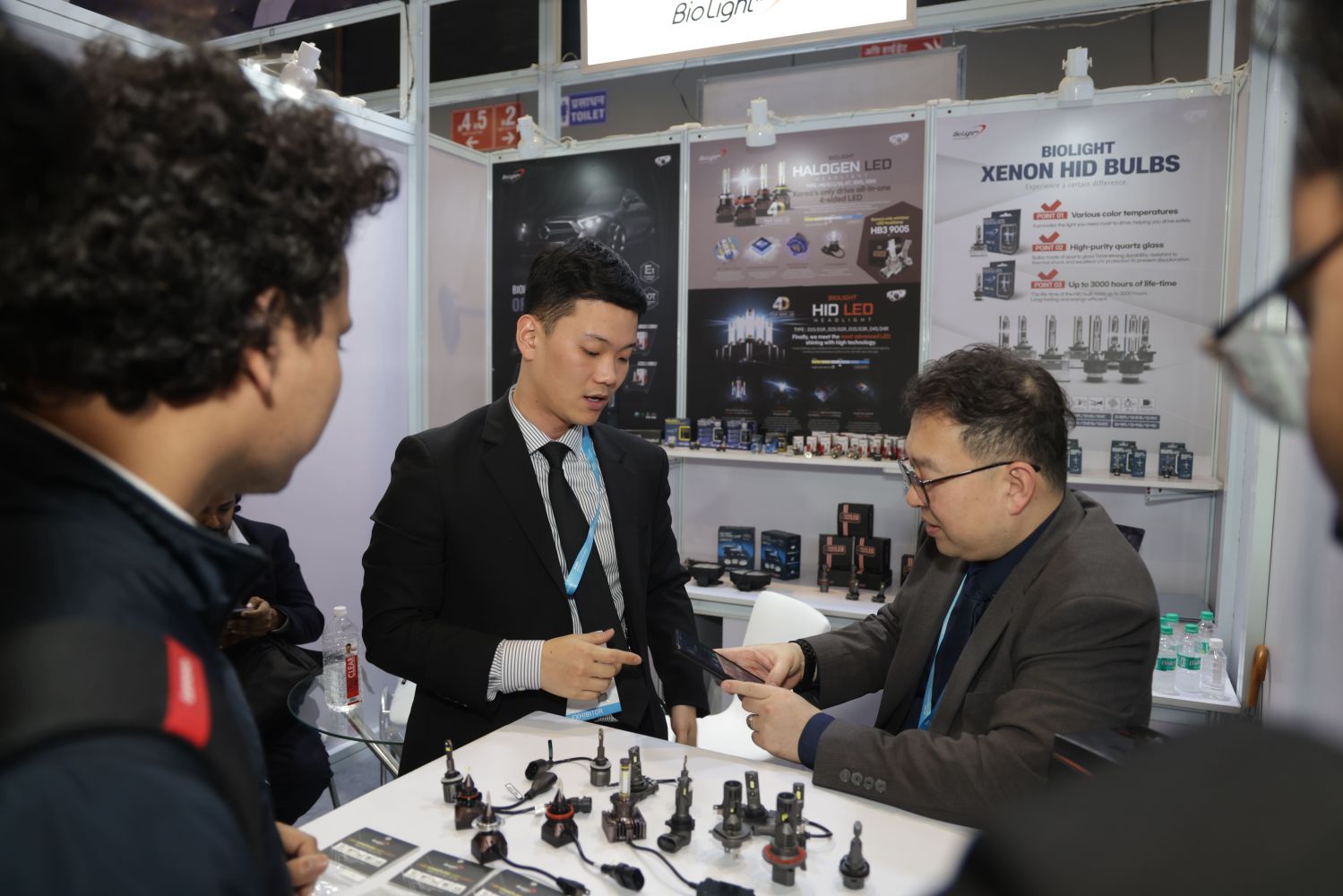
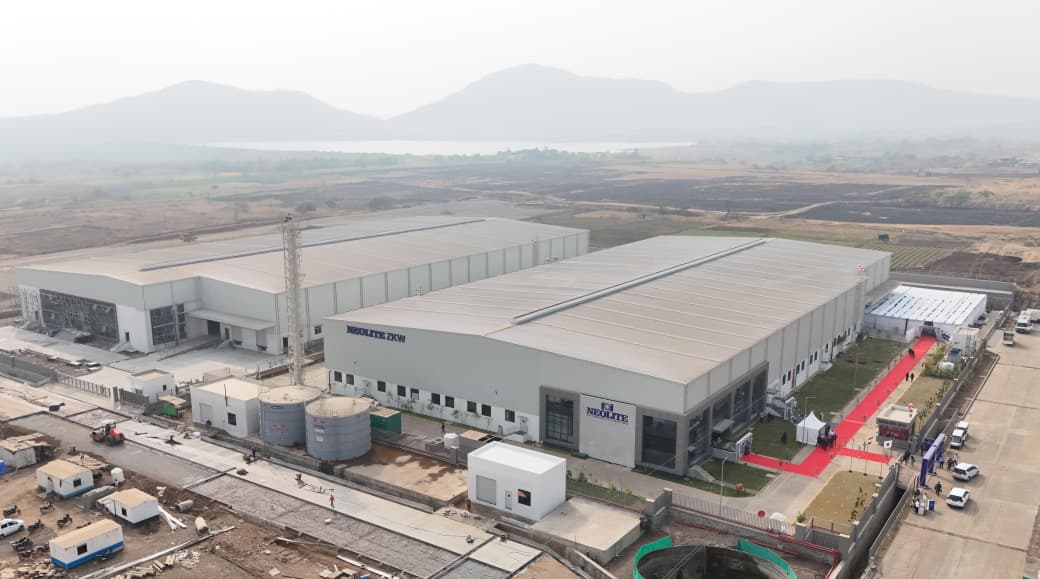
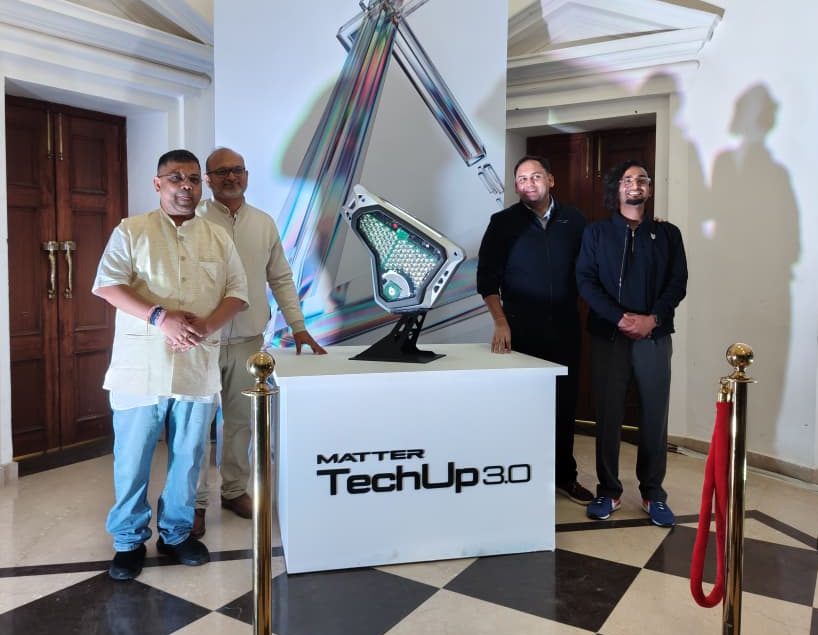
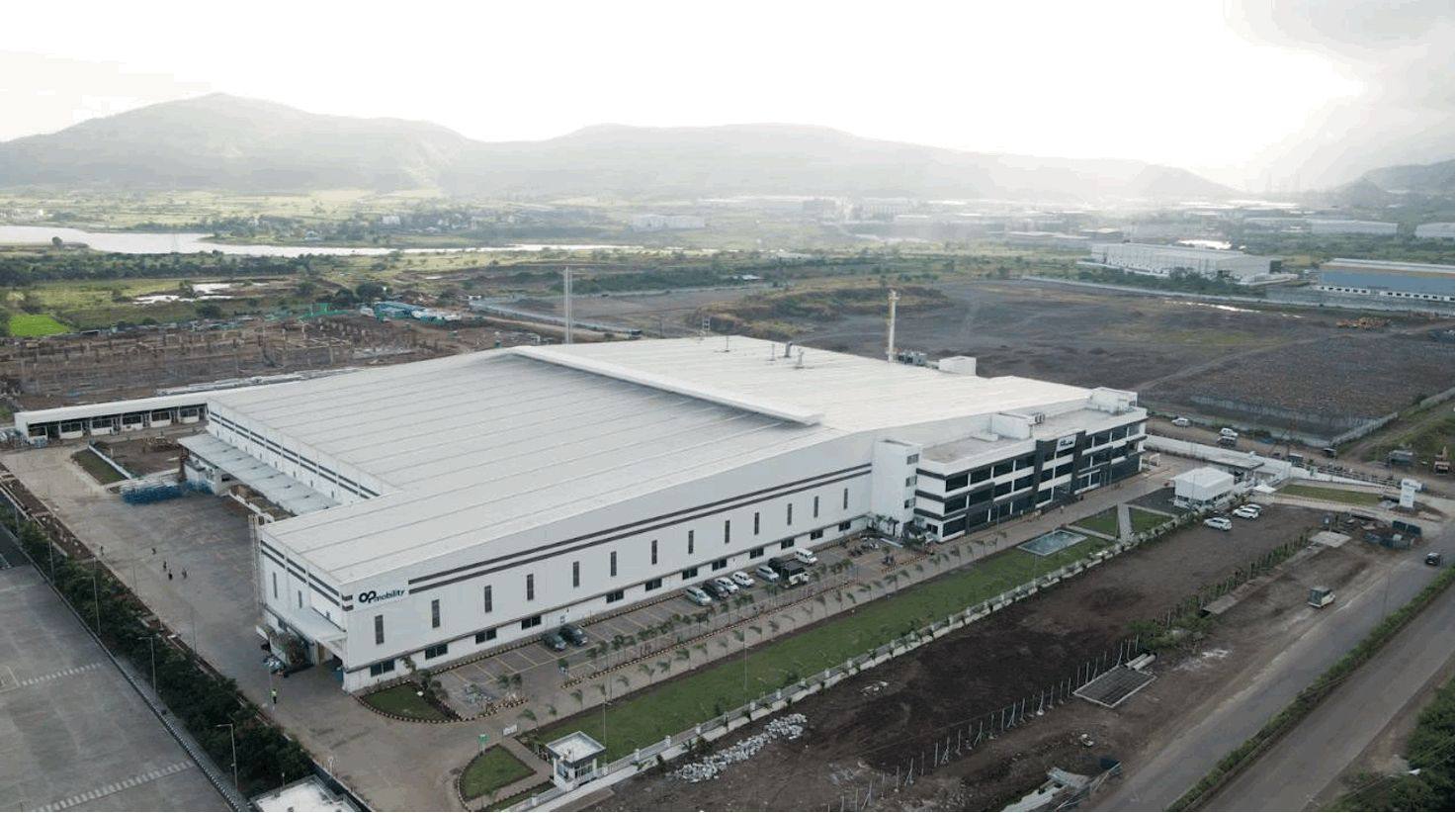
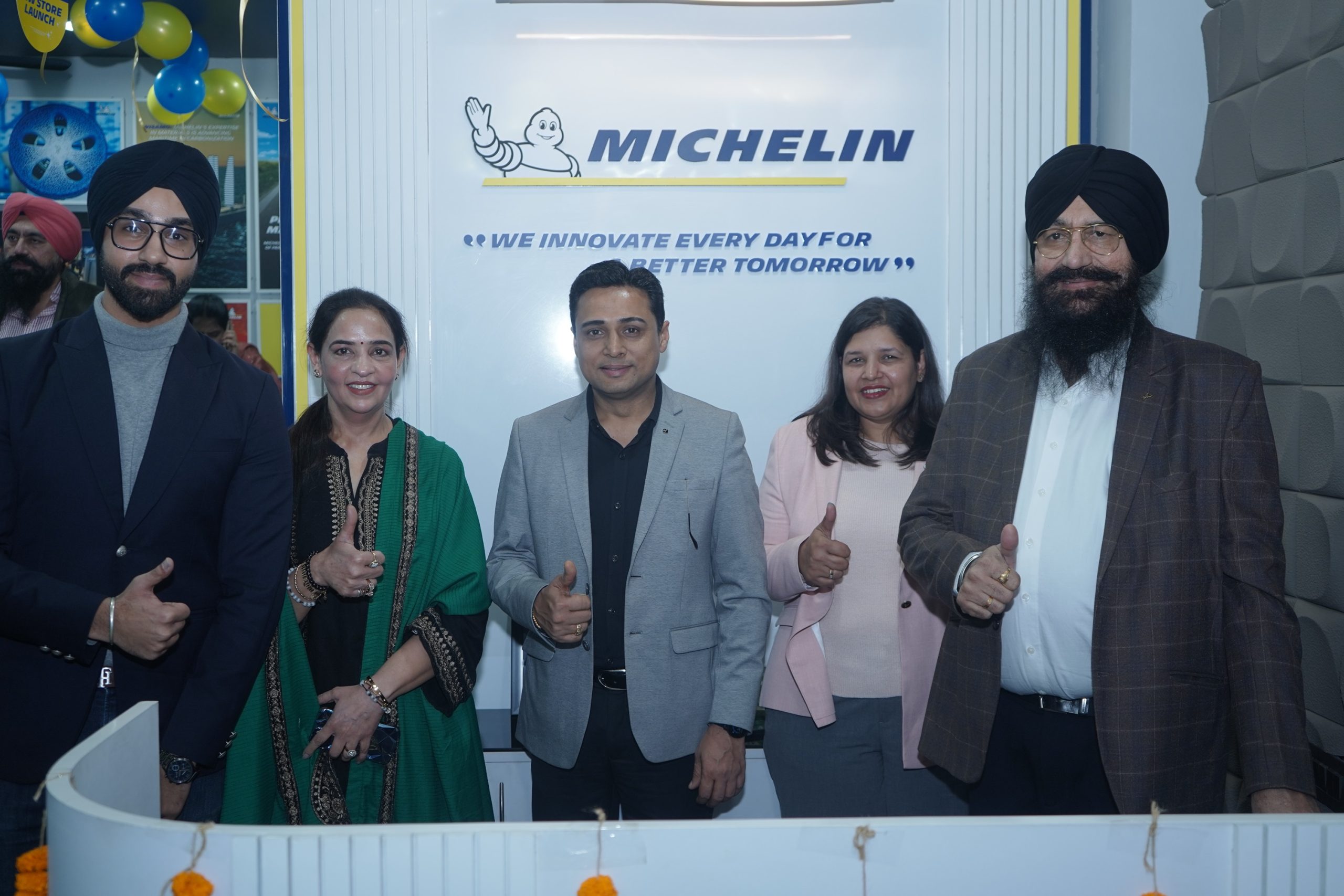



Leave a Reply